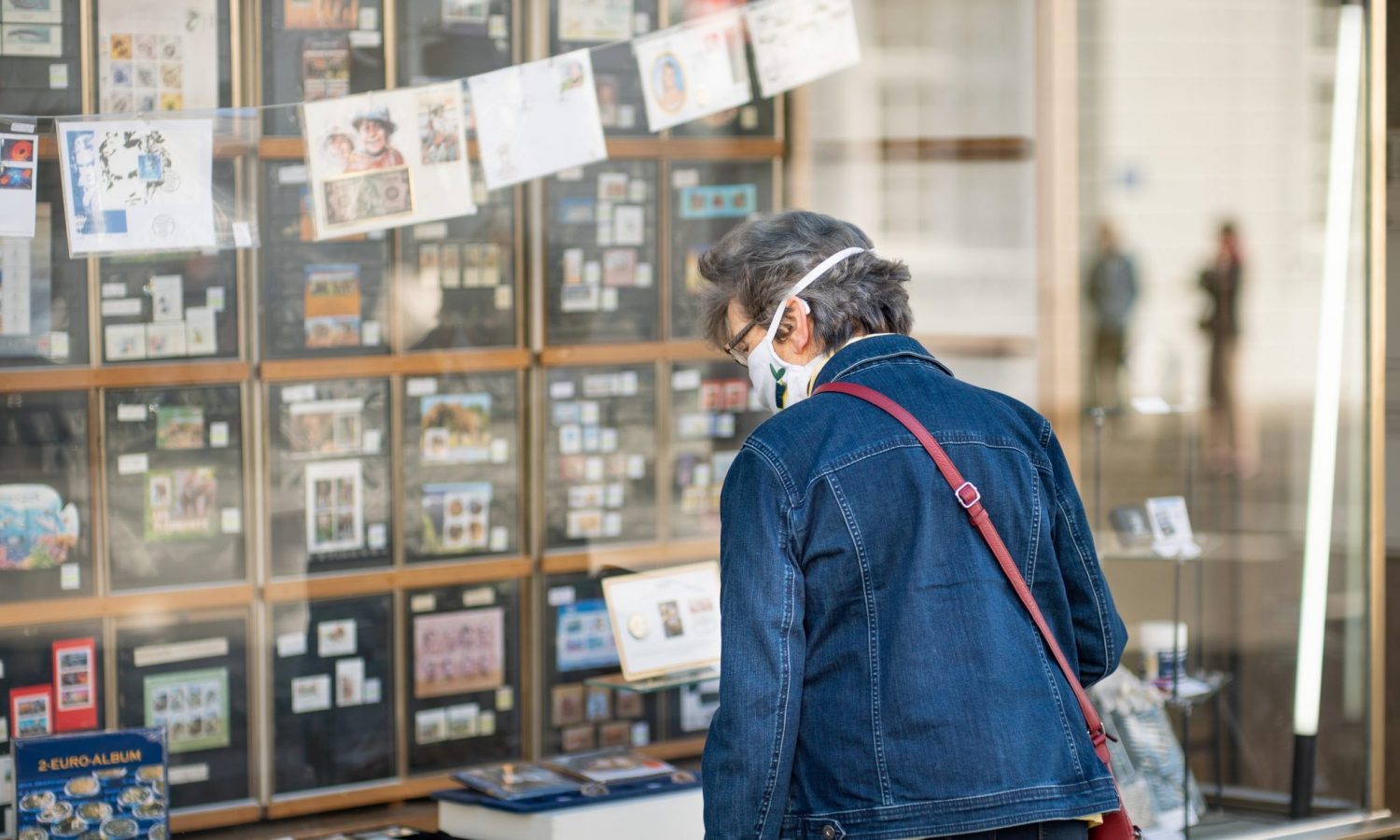New research shows that this single factor can significantly improve people’s antibody response to COVID-19.
Pandemic fear is once again on the rise, this time due to the rapid spread of the COVID-19 Delta variant. While the guidelines haven’t changed — the main safety measure remains to get your vaccine shot — a lot of people are confused by the rise in numbers, especially since it’d started to feel like the pandemic was ending. New research suggests that one factor is pivotal in terms of determining how many antibodies you develop.
The study, published in the Journal of the American Medical Association, looked at the varying responses in people’s immune systems when exposed to the virus. It showed that younger individuals developed significantly more antibodies than older ones.
RELATED: COVID-19 Delta Variant: This Could Determine Whether Or Not You Get It

Researchers analyzed 50 participants two weeks after they’d received their second shot of the Pzifer vaccine. The groups were split according to their ages and their blood was tested against the original coronavirus strain and the Gamma variant, first spotted in Brazil.
Participants who belonged to the youngest group, all in their 20s, had antibody responses that were seven times stronger than participants who belonged to the eldest group, in their 70s and 80s. The study showed that the more people aged, the weaker their immune response became. Still, vaccines remained very effective for older adults.
“The vaccine still produces strong immune responses compared with natural infection in most older individuals, even if they are lower than their younger counterparts,” said study co-author Marcel Curlin. “Vaccination in this group may make the difference between serious and mild disease, and likely reduces the chances of transmitting SARS-CoV-2 to another person.”
RELATED: 5 Things To Do If You Get COVID-19 While Traveling
COVID-19 vaccines remain the safest way to carry on with our daily lives right now. With the Delta variant on the rise, even those who are vaccinated will have to weigh their risks against the activities that they want to do, taking up protective measures like face mask-wearing indoors when transmission levels in their communities are high or when having to cope with comorbidities.


